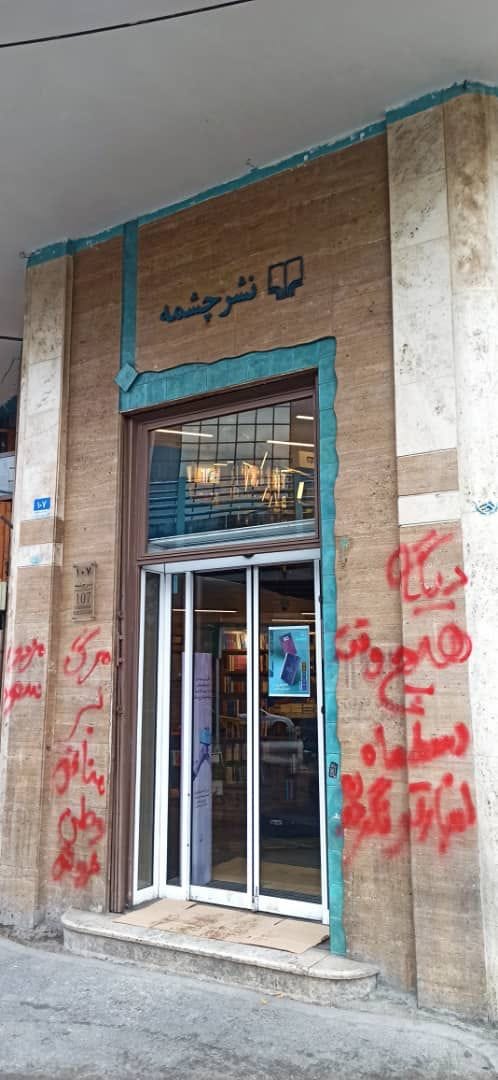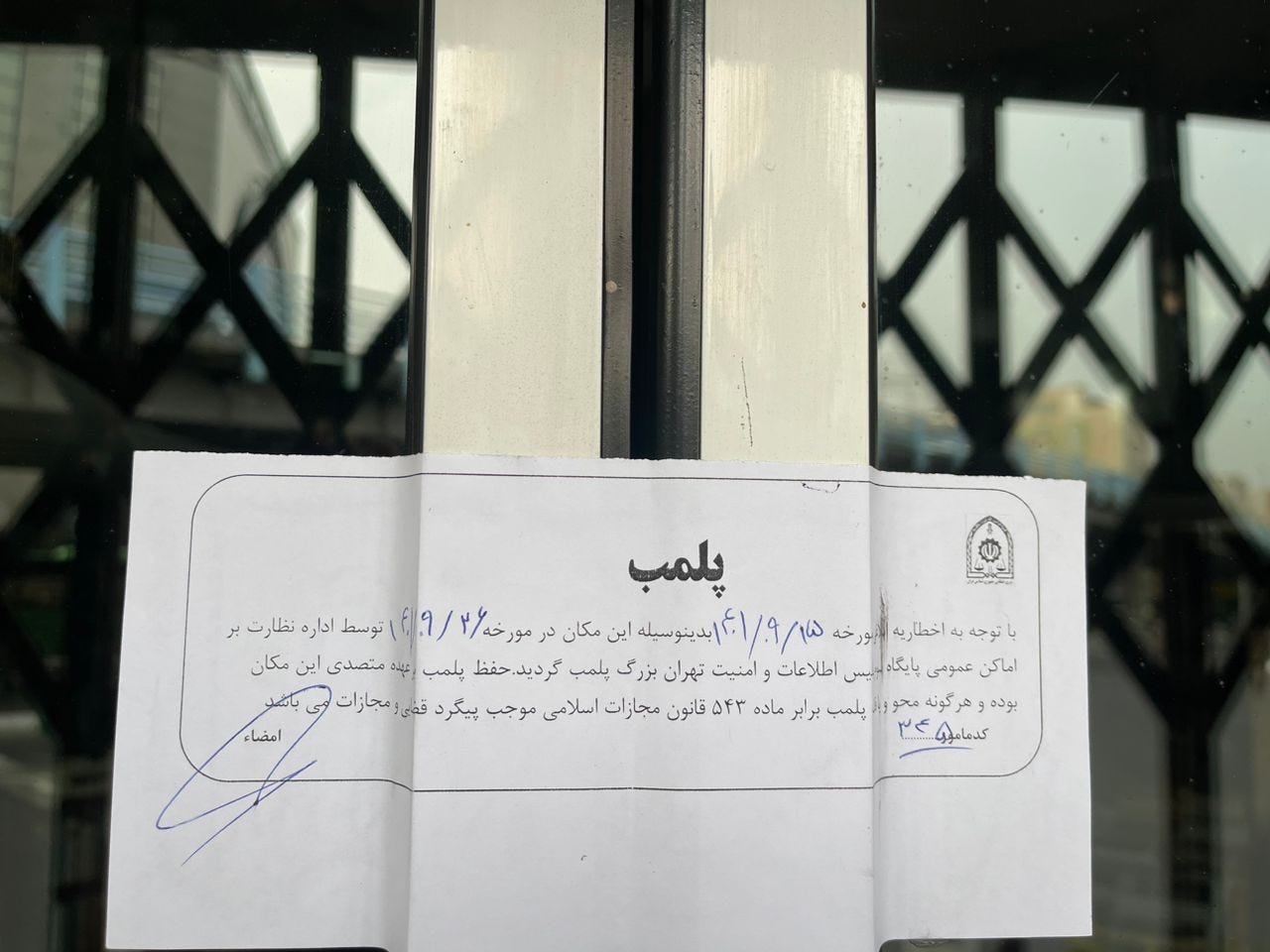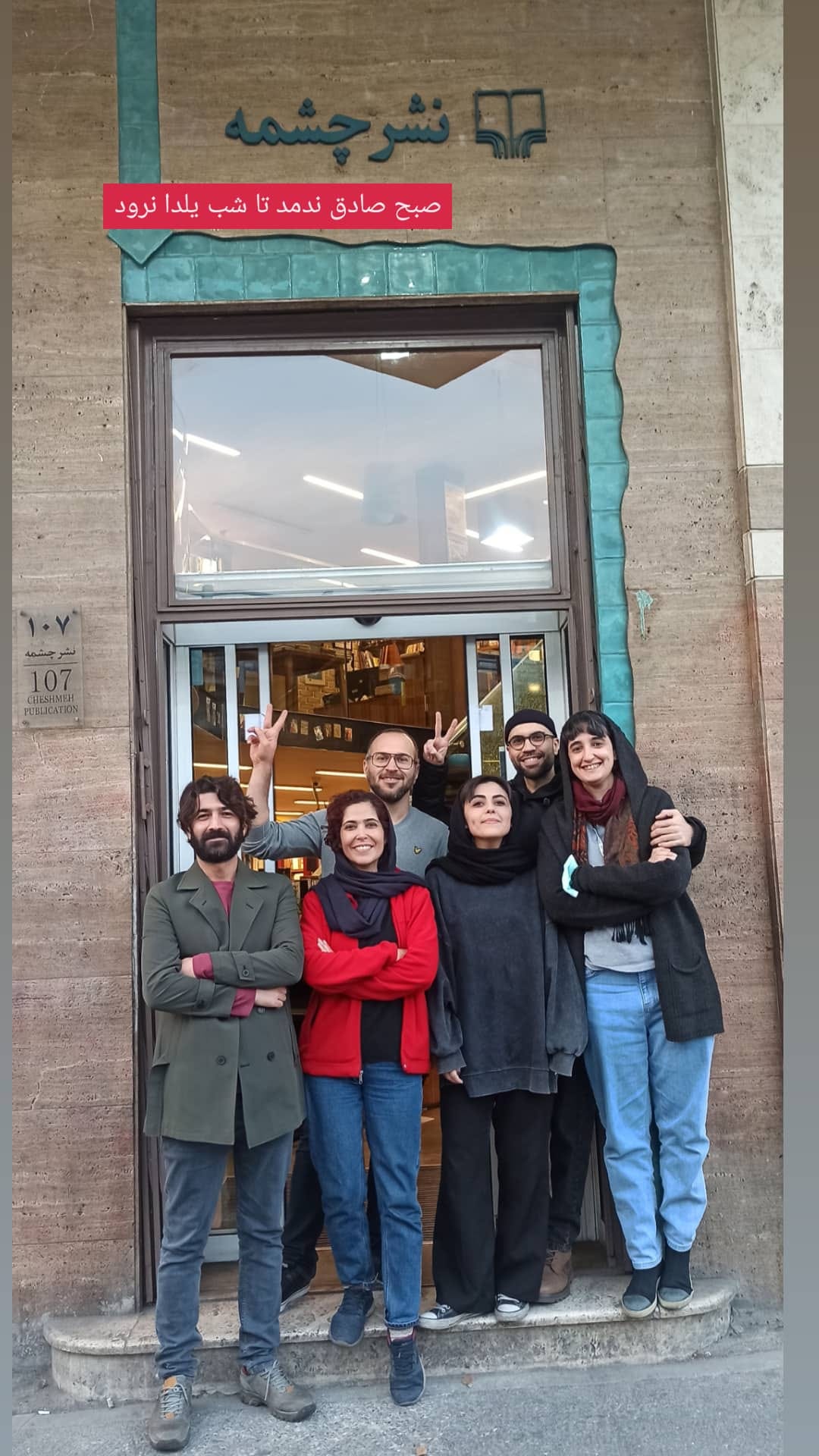Closing My Tabs
Wherein I do what I just literally said
Like everyone else, at any given moment, I have about 50 tabs open. I say 50 like a kid says gzillion. I have no idea how many I keep open. Probably like everyone else, I keep tabs open until it does that thing where it has to hide some of the open tabs and then, having felt frustration that I can’t find one of the at-this-point gzillion open tabs of my email account, I give in and start reviewing the tabs and close them.
As the year winds down and in case you were looking for things to read on this Christmas Eve as you tell children for the Nth time that no, you can’t open presents until tomorrow (has a greater torture ever been invented by parents for their kids?) or as you wait for your roast to be done or if you’re taking refuge in a quiet room with a phone, here in no particular order are some of the tabs that I’ve read and I’ve closed. (This list is not an endorsement as I tend to still read things I may not agree with.)
Iranians Are Done Debating by Alireza Eshraghi: “If there is one civil and honorable form of censorship, it is theirs [teenage school girls], for they are putting a stop to the feeble conversation of timid men with stubborn men. For them, the failure to persuade the regime has brought the possibility of catharsis, not through discussion but through determination.”
I don’t disagree with the gist of this piece but the issue of persuasion which he raises is one that has occupied my brain for the past 100 days. It’s closely connected to the ongoing academic and non-academic conversations around how effective can/are leaderless movements. We think leadership is about mobilization and motivation and it is but underlying that is the art of persuasion, one that in times like these takes a backseat to the catharsis that a middle finger brings.
Pompeo claims there is 'no hope' in US working with Iran's current regime: “Pompeo made his remarks while appearing at a bipartisan Iranian policy summit put on by the Organization of Iranian American Communities…The event also featured a virtual message from Maryam Rajavi, president-elect of the National Council of Resistance of Iran.”
I will admit that I left this tab open because it was part of a rabbit hole I went in when I saw “Organization of Iranian American Communities.” Of course the article immediate gives it all away by mentioning Maryam Rajavi though I have been scratching my head at the president-elect part of this. Hasn’t she been the leader of this cult for a long time? The MEK keeps creating these organizations, gives them innocuous names and then sends them out into the world to do its bidding. (Yes, I’m cheating but do click on the link.) Most of us don’t even realize it until like the past several months they surface and claim to speak for democracy, human rights, the Iranian people, the Iranian American people…
The Power of the Powerless by Vaclev Havel: “The profound difference between our system-in terms of the nature of power-and what we traditionally understand by dictatorship, a difference I hope is clear even from this quite superficial comparison, has caused me to search for some term appropriate for our system, purely for the purposes of this essay. If I refer to it henceforth as a “post-totalitarian system, I am fully aware that this is perhaps not the most precise term, but I am unable to think of a better one.”
I began reading this class text from 1978 (and have yet to finish it to be honest) because someone I know and trust deeply in Iran mentioned in passing that they were up all night and couldn’t sleep because they started reading it and couldn’t put it down. I asked them: What about it kept you up all night? And they said: “post-totalitarianism. It’s like he’s describing what is happening to us in Iran today.”
In Iran, the Resistance Continues by Parisa Saranj: “As I write this, my cousin, who lives in a small town, sends me a message via WhatsApp: When driving in the car with her husband, she got a warning via text that her headscarf was not properly covering her hair, including the details of their license plate and location.”
As someone who came to my feminism in the early 1990s, I have a soft spot for Ms. Magazine even though I have not read a single article they publish in decades. I appreciated the attempt to nuance that sudden burst of “no more morality police in Iran” nonsense. I also appreciated them drawing attention to the myriad of ways in which policing happens in Iran. The quote above is referencing the government’s use of traffic cams to police women’s hair though that practice, as I learned recently from my colleague Prof. Golnar Nikpour, predates the current situation. (Keep an eye out in this newsletter for a fantastic podcast with Prof. Nikpour on prisons and incarceration in Iran coming out in January.)
How would we know if we were witnessing a revolution in Iran? by Charles Kurzman: “Statistically, revolutions are rare, even in countries that seem “ripe” for revolution, so failure is usually a safe bet. Eventually, protests peter out, and public outrage enters historical memory. But rare things happen, too. Just 100 days before the shah fled into exile in 1978, the U.S. Defense Intelligence Agency predicted that he would “remain actively in power over the next ten years.” Iranians know how that prediction turned out.”
A short and deft explanation that revolutions are rare historical events and that they are unpredictable. And they have meaning that while expansive and changing in time and place is not determined by whether you can get a hashtag about it trending on social media.
For those who read Persian, I have a ton of tabs open on the various articles being written in Iranian newspapers that lay out how the Islamic Republic of Iran is breaking its own laws in how it deals with the protestors and the executions it has carried out (particularly with regards to Mohsen Shekari). One thing that has remained constant with the IRI as a political system is that in times of crisis as the regime expands its spaces of repression, it unintentionally creates opportunities for a glimpse into its rather complicated legal and bureaucratic backends. As it arrests thousand of citizens and imprisons them without legal representation and issues death sentences and carries them out, it unwittingly exposes itself to their observations. I have learned more in these past months about the legal system in Iran than I had ever known before.
In Clover by Laleh Khalili: “McKinsey and Boston Consulting have provided the crown prince with the jargon of capitalist efficiency. McKinsey has been so entangled in Saudi government business that the Ministry of Planning is nicknamed the Ministry of McKinsey.”
Speaking of shedding light on things that thrive in darkness, this review of a book about the influence of McKinsey consulting firm by Laleh Khalili is fantastic. In 2018, I was part of a group trip to Saudi and I have to say there was not much of an attempt to hide that fact that the entirety of the much repeated and vaunted vision 2030 had been cooked up by McKinsey.
The Deeper Context to Political Unrest and Protests in Jordan by Curtis Ryan: “Jordan’s current round of protests, in fact, appears to address an almost predictable litany of domestic challenges, with protesters and grassroots activists focusing on both economic hardship and perceived corruption and indifference on the part of public officials. Meanwhile, many state security officials are instead focused on domestic security threats from militant Islamist and even jihadist movements.”
In over two weeks ago, truck and public transport drivers in Jordan went on strike in response to rising fuel prices. There were protests throughout the kingdom, dozens of people arrested, a senior police officer was shot and killed and then 3 more in a shootout with the person who killed the first police officer. I had this tab opened because I’m teaching a class on a century of protests/revolutions in the Middle East and I’ve assigned parts of Jillian Schwedler’s latest book, Protesting Jordan. But also because sure, Jordan and Iran are very very different but we don’t pay enough attention to the waning and waxing of protests. It’s almost as if when it comes to protests, analysts suffer from lack of object permanence: If I can’t see it, it’s not there/it’s a failure/it’s a defeat/it has died.
I had a tab with this poem, Road to Derry by Seamus Heaney, opened for a long time. It’s hard for me to believe in things or at least admit to believing in things. I think I lost that ability when as a child in Iran I fervently believed in god and in return I asked him to end the war with Iraq. It was all getting to be too much for my 14 year old self to bear. I prayed and I believed and the war did not end. So I became a cynic. That’s the story I tell myself now. But here it is, a tab with this poem that only makes sense if you believe that an oak will sprout from an acorn in winter:
My heart besieged by anger, my mind a gap of danger.
I walked among their old haunts.
the home ground where they bled;
And in the dirt lay justice like an acorn in the winter
Till its oak would sprout in Derry
where the thirteen men lay dead.I will end with these photos from Twitter that I had bookmarked and kept open. On December 17, it was posted on Twitter that Cheshmeh publishing house (Nashreh Cheshmeh) in Tehran had been shut down and its doors sealed (plomb in French and polomb in Persian). Apparently during a 3 day call for strikes, they had closed their doors and said they were doing inventory. There have been reports of several other businesses that didn’t open during those days and having been polomped also). The graffiti on the right says: Don’t ever do inventory in the middle of the month again.
The bookstore fought against this order to shut its doors and apparently won as evidenced by this lovely photo posted yesterday:





